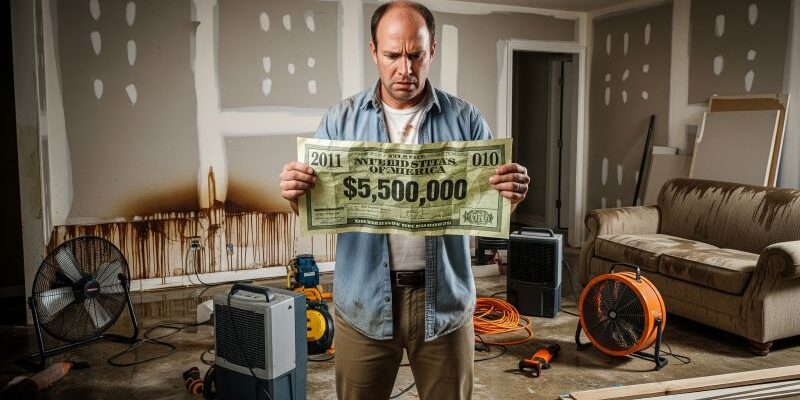If you’re a landlord or property manager, handling emergency repairs is part of the job. But in the chaos of a busted pipe or water leak, it’s easy to make a costly mistake especially when calling in remediation companies. These firms offer critical emergency services, often during off-hours or in the wake of disasters, but their services can come with a steep price tag.
Emergency Calls Come With Emergency Pricing
Whether it’s a broken hot water heater, burst pipes from a freeze, or fire damage, remediation companies are often one of the few available responders in a crisis. Because typical vendors may not handle emergencies especially after hours or on weekends these companies know they have a captive audience. As a result, they charge significantly higher prices than standard repair crews.
It’s not uncommon for a single incident to cost between $10,000 to $15,000, even for relatively modest repairs. These high costs can shock landlords who are unprepared or unfamiliar with how remediation pricing works.
Check Insurance Coverage Before You Call
Before contacting a remediation company, make sure the issue qualifies as a covered peril under your property insurance policy. Covered perils are specific types of damage that your insurance provider agrees to pay for—like water damage from a pipe burst or fire-related losses.
Remediation companies often charge premium rates because they expect insurance companies to foot the bill, not individual landlords. But if your policy doesn’t cover the situation, that large invoice could fall squarely on you. Knowing your coverage in advance can protect you from a serious financial hit.
Expect Hidden Costs and Vague Pricing
Another major concern is lack of pricing transparency. Many remediation companies don’t provide detailed estimates upfront. They’ll arrive on-site, perform the service, and leave you with a bill that might include charges you weren’t expecting. This can be especially frustrating during stressful emergencies when fast decisions are required.
That’s why it’s essential to be cautious when choosing a vendor. Work with remediation providers who communicate clearly, give estimates when possible, and understand your insurance coverage. If your property management company has a preferred vendor list, that’s a good place to start.
